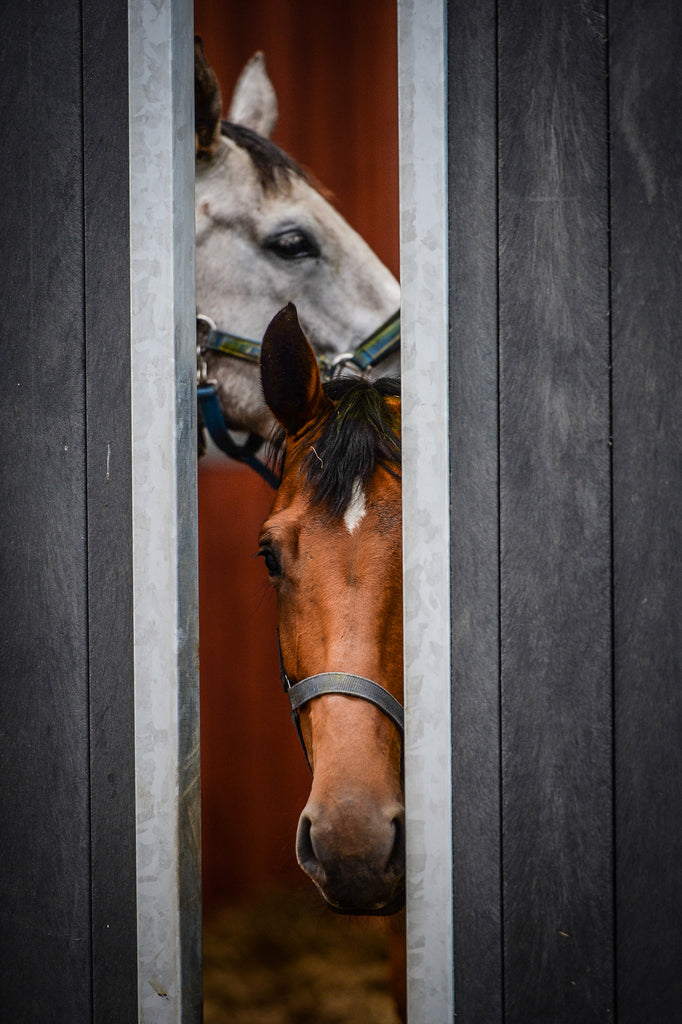Every barn has that token client. You know the one: comes to the barn multiple times a day just to “check in,” has her horse on so many supplements that she’s basically a major shareholder in SmartPak, and freaks out when the water buckets dip one inch below being full.
Not only does this client raise the eyebrows of other boarders, she is also a thorn in the barn staff’s side, due to her helicopter-parenting and general nonsense. While you probably aren’t this client, you might be due for a little refresher course on basic boarder etiquette. Here are five ways to stay on the good side of the barn staff, according to the pros.
1. Trust the staff
“A good client trusts their barn manager and trainer,” says Molly Schmiege, barn manager at Spy Coast Farm. “Know that the people that choose to work with horses start and end the day thinking about the ones in their care, and are always considering their best interests.”
2. Pay your bills on time
This one should go without saying. When you receive a board bill (or any equine-related bill, for that matter), pay it promptly! So much money goes into running a barn, and it should never be a surprise when the first of the month rolls around and a bill shows up in your inbox. Besides, barn managers really don’t want to badger you for your money.
 Photo by Erin Gilmore for NoelleFloyd.com.
Photo by Erin Gilmore for NoelleFloyd.com.
3. Do more than the bare minimum
Though you might technically pay for “full” care, it never hurts to help out a little bit around the barn both at home and at shows. “If you’re feeling very generous and running by the food stand, grab a drink and a snack for [trainers and staff],” says Molly. “Chances are they haven’t stopped running since they hit the ground that morning. And if you have some down time, clean a couple bridles back at the barn — an empty tack cleaning hook at the end of the day will make for a happy trainer!”
The barn is supposed to be your happy place. Keep gossip at bay.
4. Communicate
Running late? Text your trainer! Notice a cut or fungus on your horse’s leg? Tell a groom! Unhappy with the way stalls are bed? Talk to someone. The worst thing to do is complain to other boarders rather than taking it up with someone in a position to fix the issue. Keep the lines of communication open, but be mindful of the rare days that the barn staff has off and stick to radio silence (unless it’s a true emergency).
5. Be prepared
Stay organized both at home and on the road. Pack your trunk before you leave for a show, keep detailed vet records, and allow yourself plenty of time to tack up before a lesson. A client’s lack of preparation can reflect poorly on her trainer and barn staff, echoes Molly. “If you have to go over your course for the hundredth time as the in gate yells that you’re supposed to be in the ring, you will embarrass your trainer.”
Read this next: Five Questions to Ask When Choosing a New Barn
Feature photo by Kaitlyn Karssen.


 Photo by Erin Gilmore for NoelleFloyd.com.
Photo by Erin Gilmore for NoelleFloyd.com.


